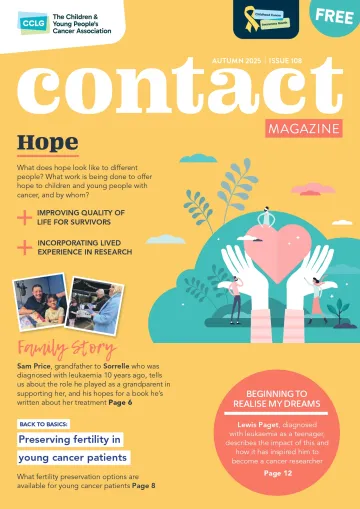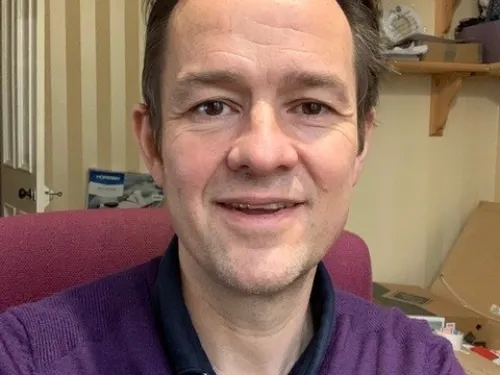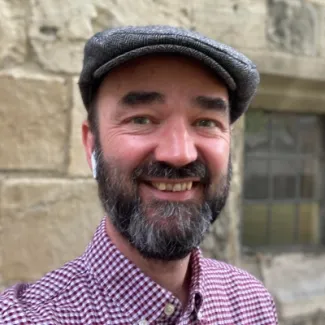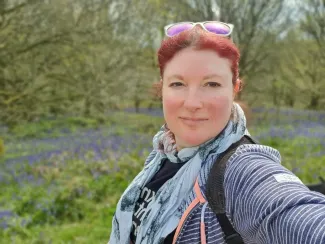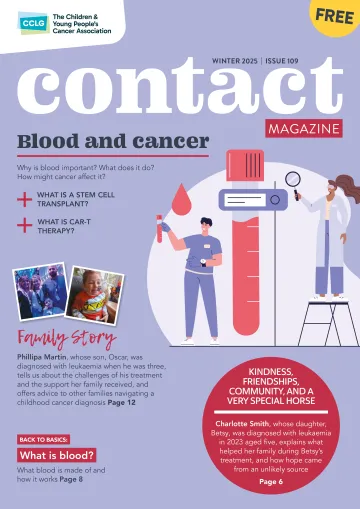I’d always been an active child, but before my diagnosis, Mum noticed I started getting tired quickly during our daily trips to the park. It was like I had flu symptoms that just wouldn’t go away. My family GP back home in Australia was quick to arrange tests, and what followed was my mum and dad being given probably the worst news any young parents can imagine. During treatment, I went through two years of various chemo drugs. I lost my hair twice. I developed pneumonia twice. The second time, doctors told my parents I might not make it.
I’m very lucky, in that I don’t have many memories of this time at all. What I do remember is the kindness of the nurses at the hospital, who played Disney’s ‘A Whole New World’ on a tiny CD player to distract me from spinal taps. I remember the Mickey Mouse stickers on the hospital corridor walls and how blinding the sun felt after a long stay. And I’ll never forget my consultant, who was so gentle and caring.
I started primary school a little later in the year than the other children, and I had extreme long hair envy. It was no surprise to my parents when I quickly became best friends with a red-headed girl with a long, thick Jasmine-style braid. Other than that, the rest of my childhood felt very normal. I didn’t really think of myself as different to any other children.
Later, I realised that there were small signs of trauma that I didn’t recognise at the time. I felt nauseous when I smelled certain cleaning products or hand sanitisers that reminded me of the hospital. I’d get carsick every time we drove near to the route that took me to hospital. It was only when I discovered my mum’s journals from the time that I pieced this together. Once I realised that the nausea I was feeling was psychosomatic, I never experienced it again.
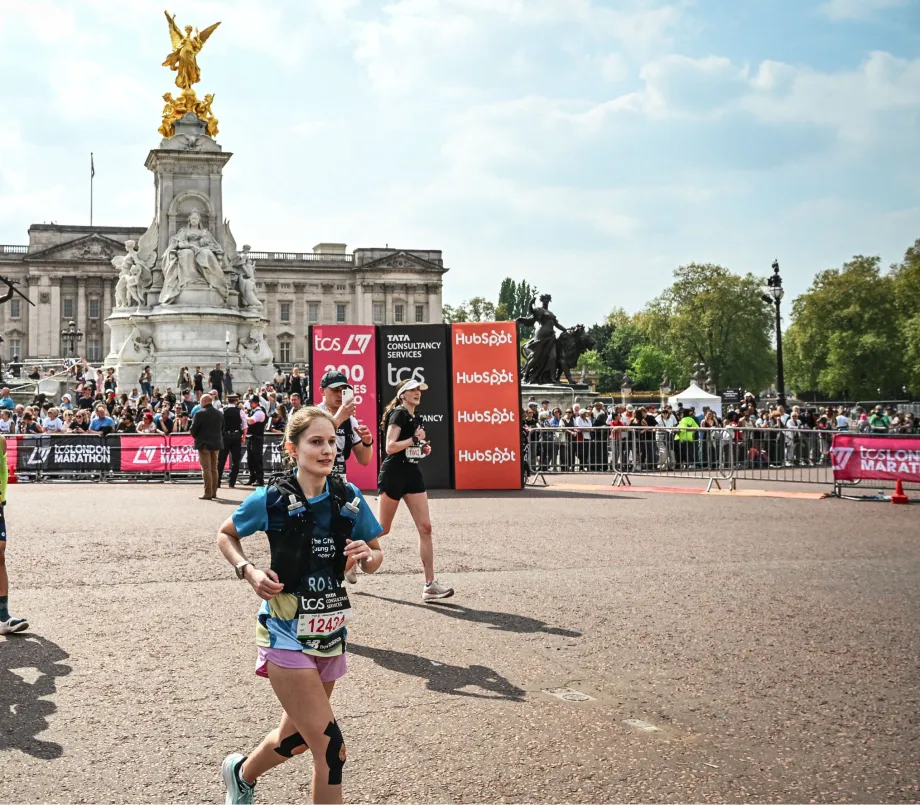
Rosie running the 2025 London Marathon
What life looks like now
These days, I’m perfectly healthy. Thankfully, I’ve had no long-term effects from chemo, and I hardly ever think about it. I moved to the UK to do my undergraduate degree at Oxford University in 2012 and have been here ever since. I have wonderful friends and family both here and back in Sydney, and a great job working in languages and technology. I’m privileged enough to be able to take multiple international trips every year. I’m now in my early 30s, as my parents were when I was diagnosed.
Giving back
Earlier this year, I raised money for CCLG by running the London Marathon. I started jogging with Mum before school when I was 13 and have been doing it ever since, so it was maybe inevitable that one day I’d attempt my first full marathon. I knew I wanted to do it for a good cause, to do something to give back to an organisation like those that supported me and my family when I was sick. Thanks to developments in cancer research by charities like CCLG, the survival rate for ALL in children under five is now 90%.
I know I was incredibly lucky. Some children and their families have it much harder. I never want to run a marathon again (people who do this more than once are crazy!), but it feels great to know I can. My life isn’t always perfect, but my problems these days are those of a typical 30-year-old woman – will my landlord ever repair my floorboards, and will any man ever live up to the expectations of my fictional heroes? The answer to both is probably not. But it’s a life I’m grateful to have – and the way cancer research is heading, it’s a life I hope a lot of other kids will get to experience, too.
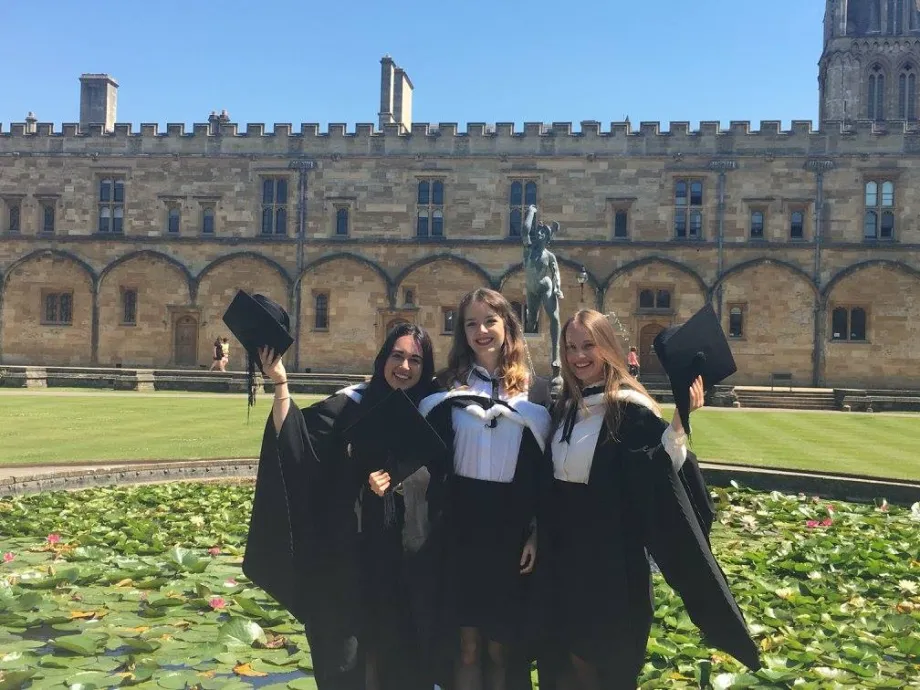
Rosie graduating at Oxford
From Contact magazine issue 108 | Autumn 2025

